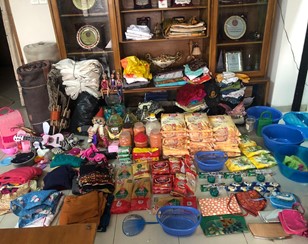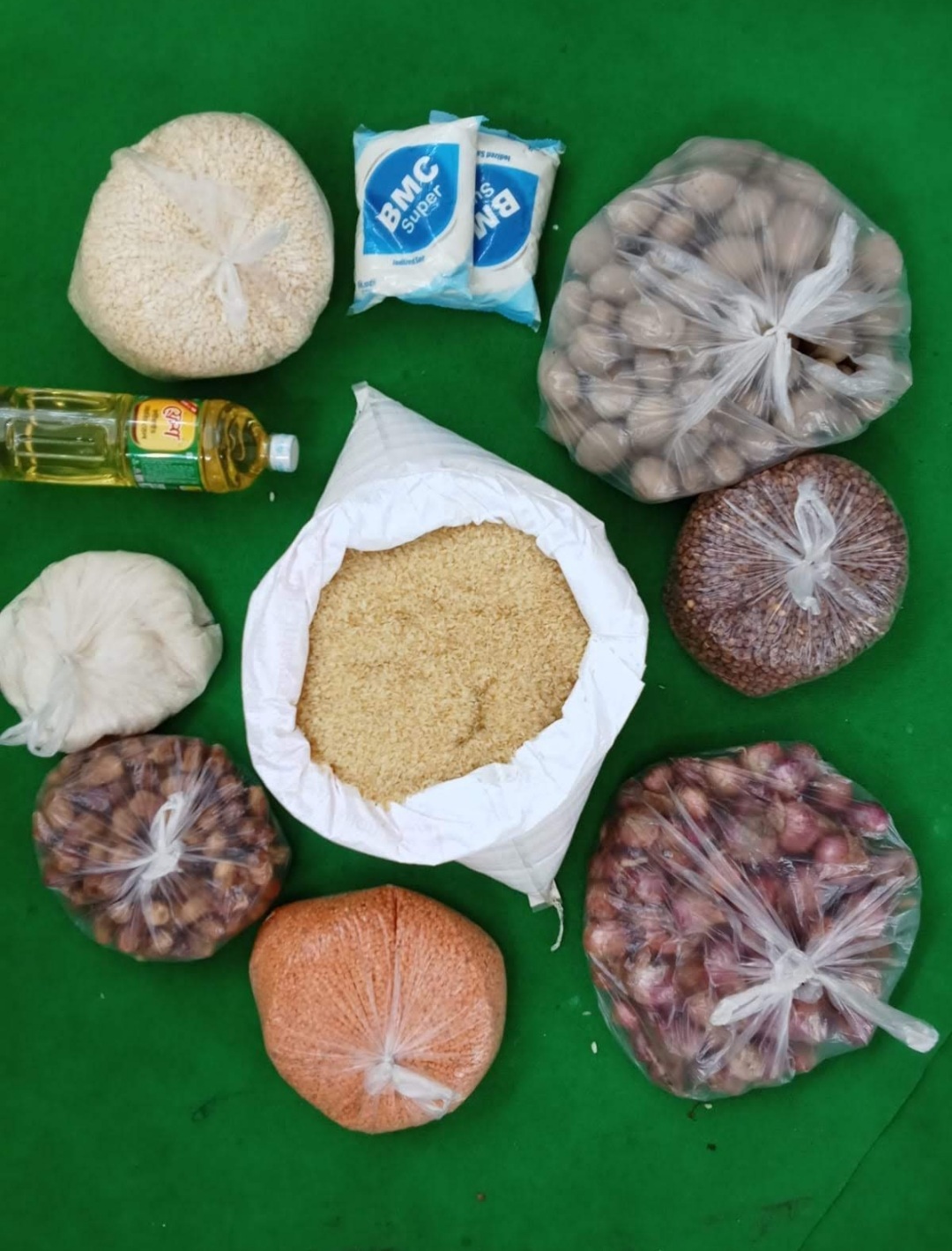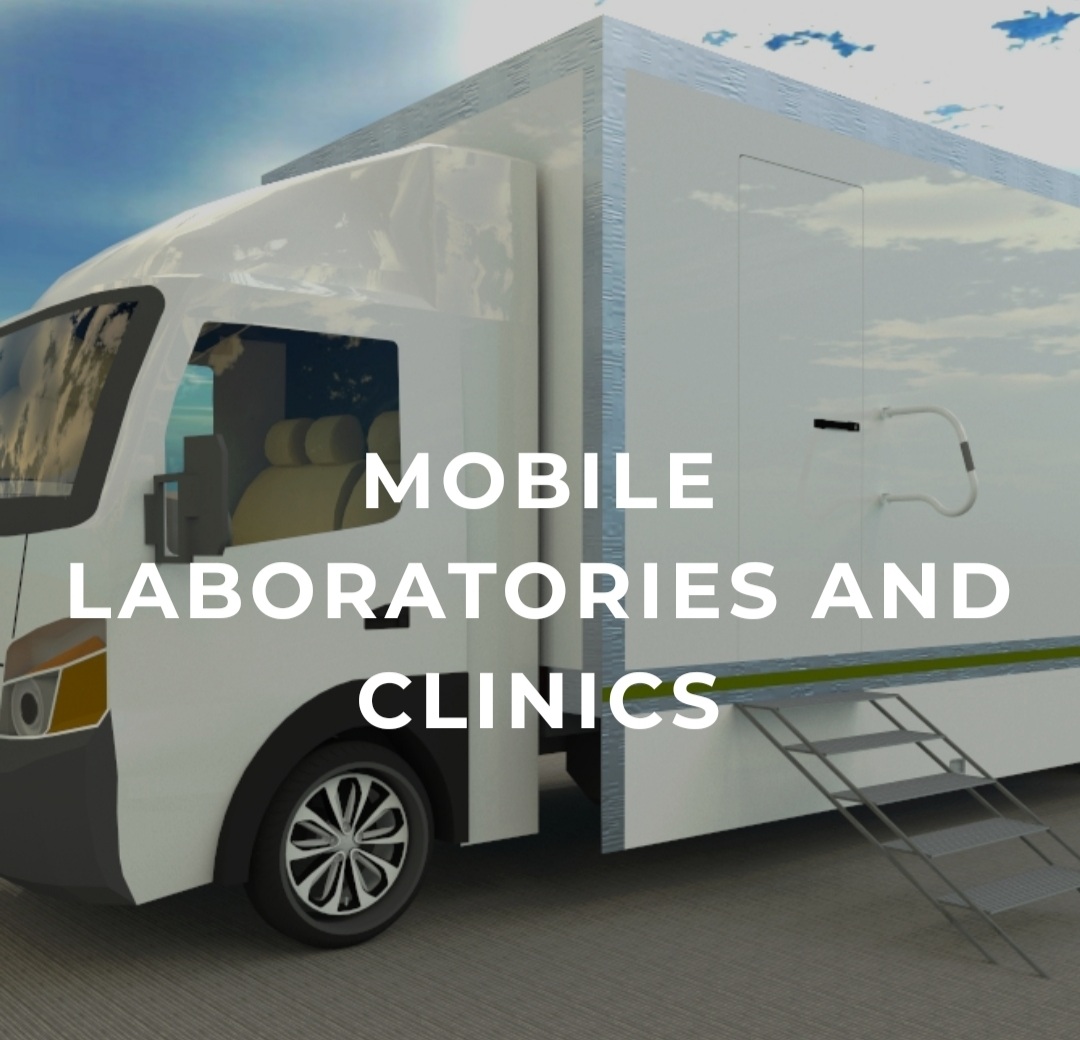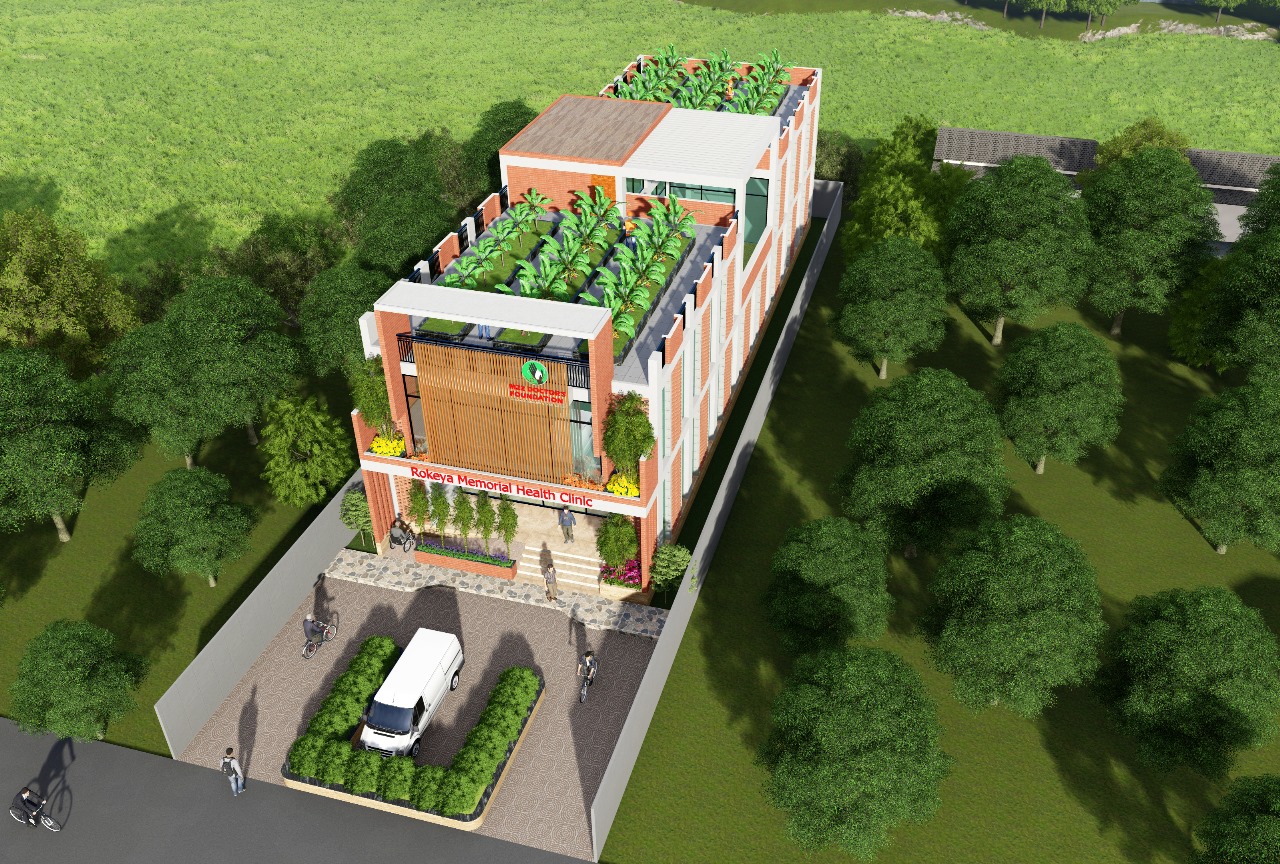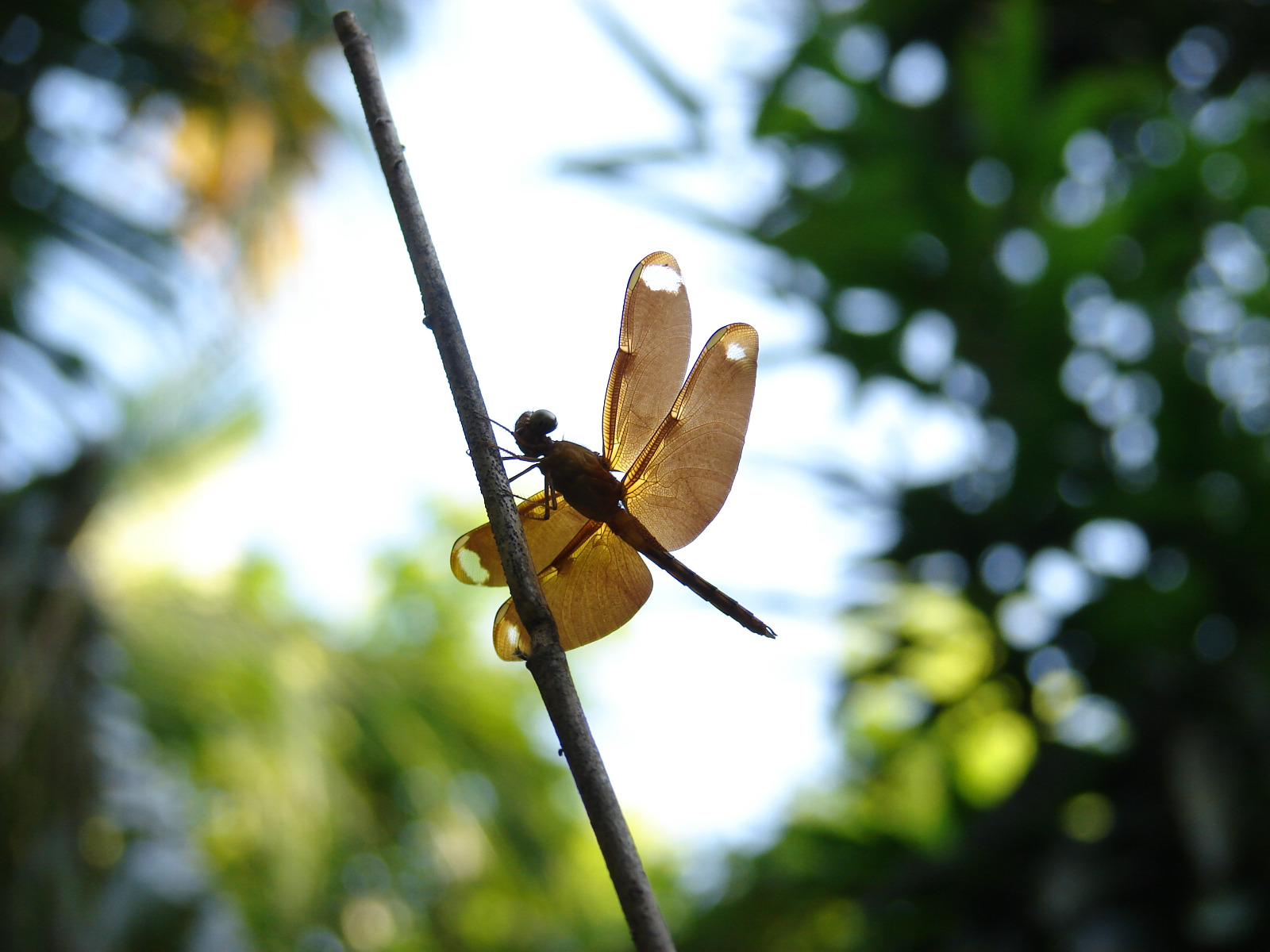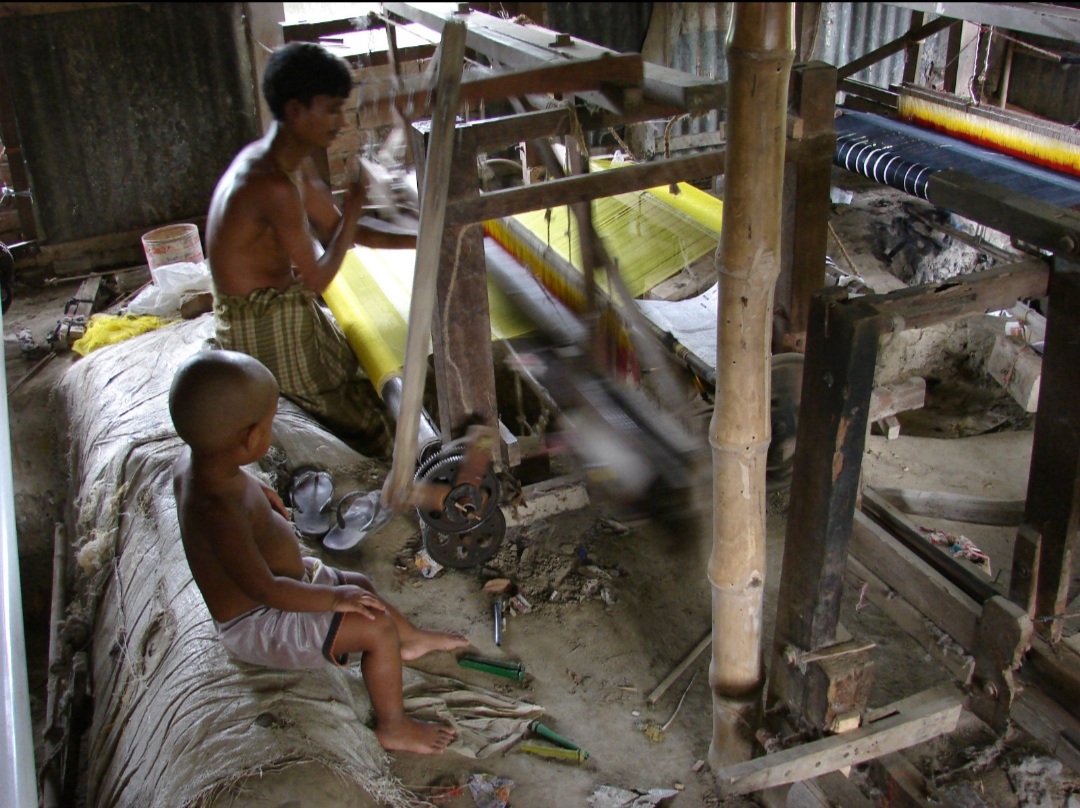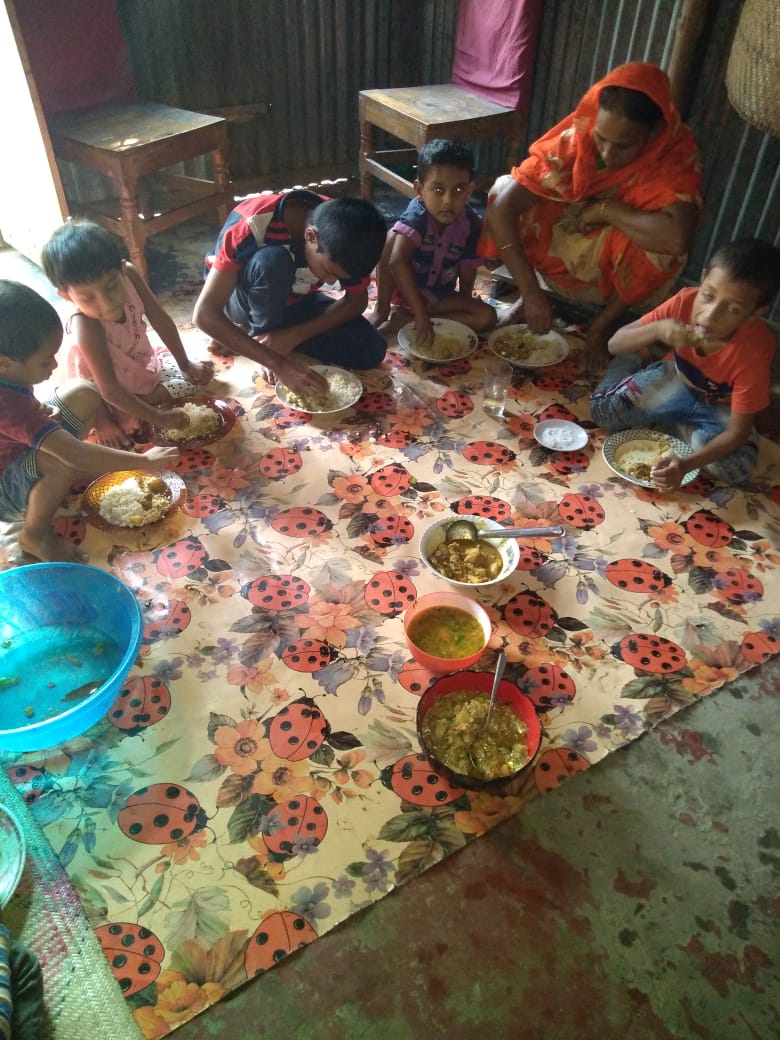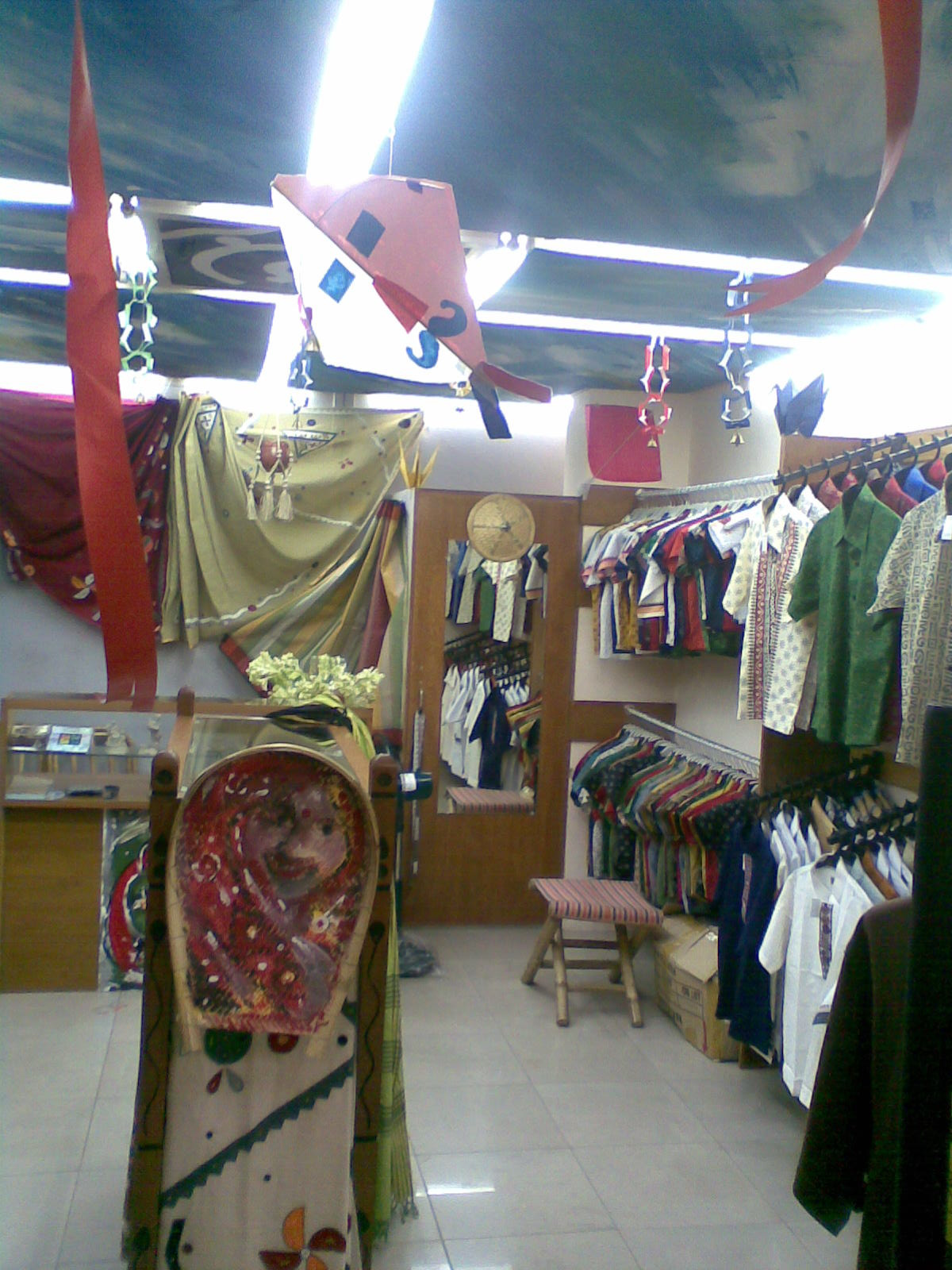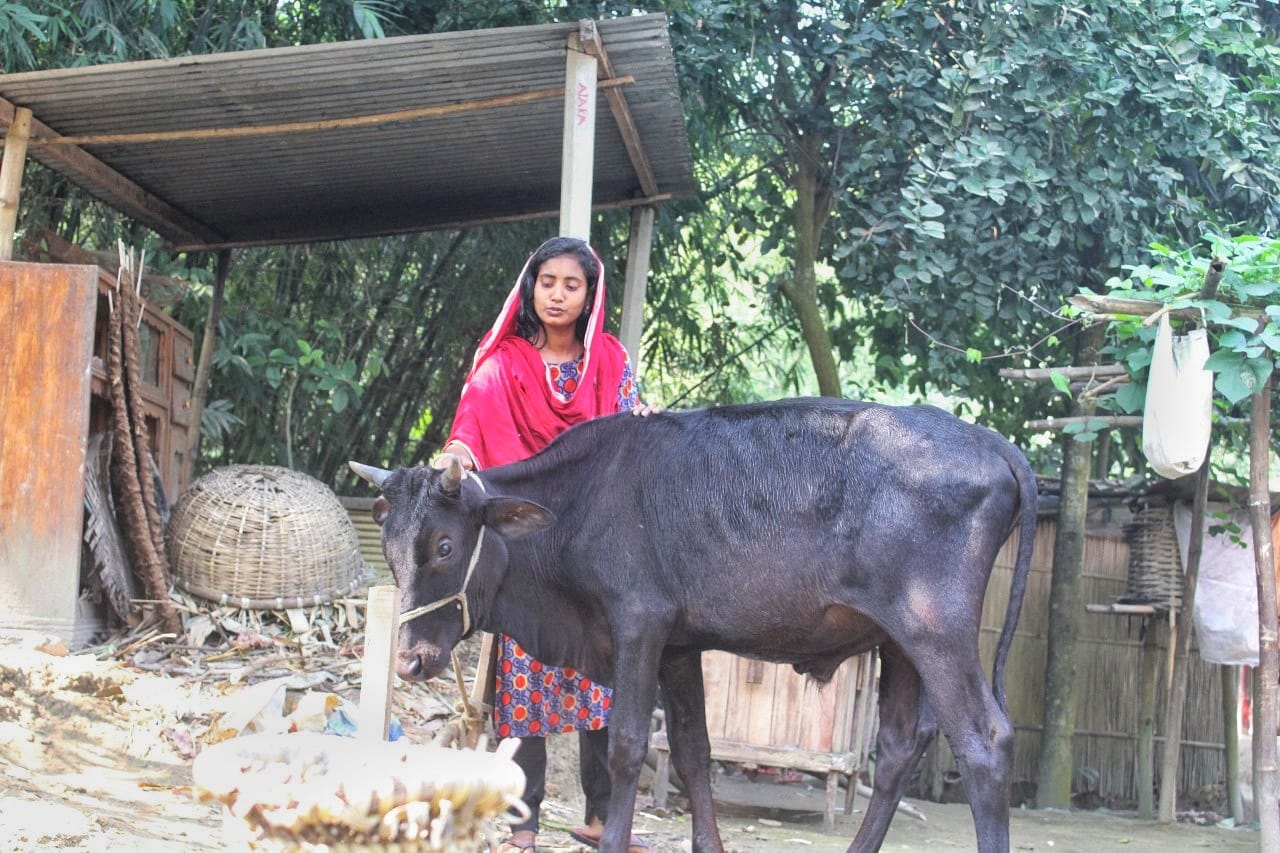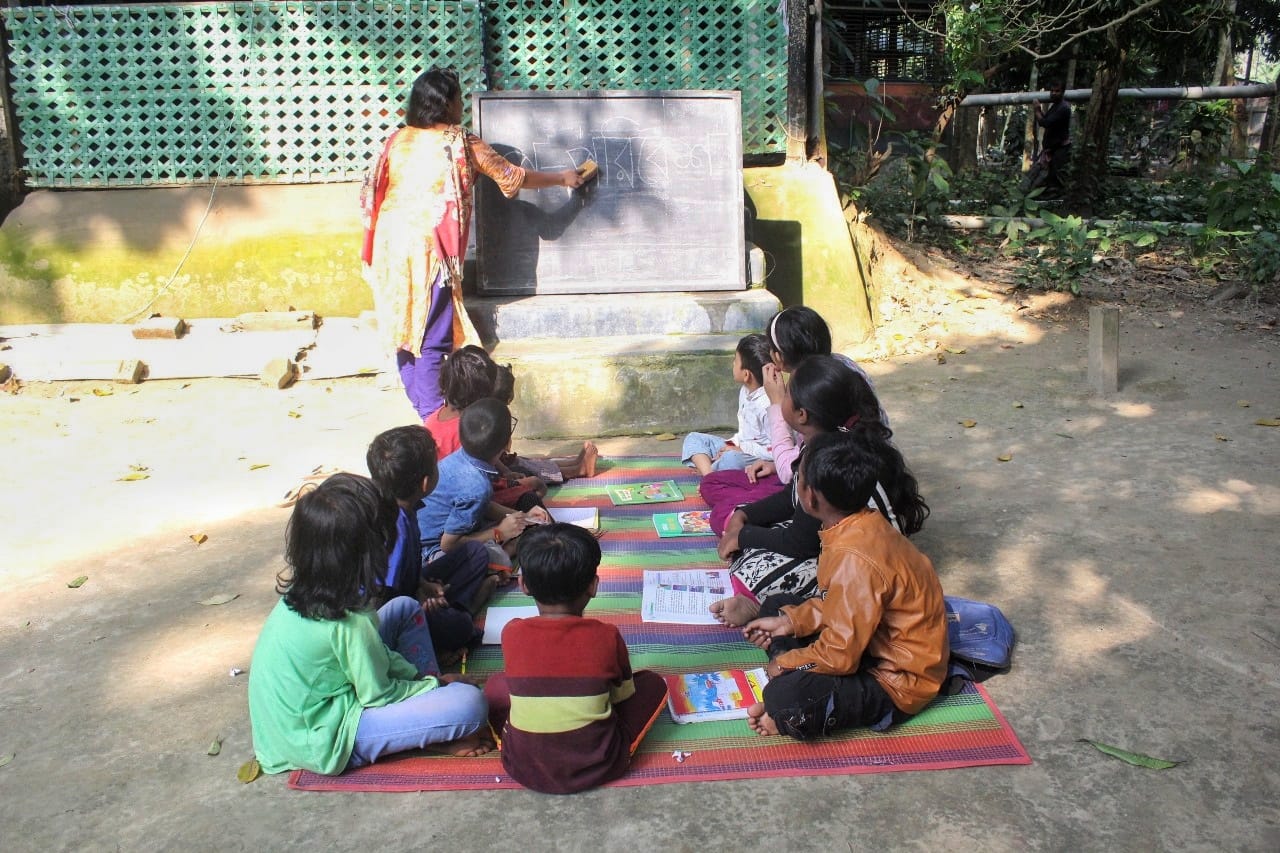
Community Education Program
Community Education Program
Community
Education Program:
INTRODUCTION: The aim of M22 Doctor’s Foundation is to ensure the improvement of the quality of life of underprivileged community people. Community Education is an effective way to respond to this challenge. It expands the traditional roles of schools by creating relationships between home, school, and community. Our community education programs will meet the educational, social, health, cultural, and recreational needs of all ages and sectors of the community by effective uses of the local resources. M22 Doctor’s Foundation will be involved into 4 types projects under “Community Education Program”.
[a]“Community
School” projects.
[a]“Community
School” projects.
INTRODUCTION:
It is the right of every child to sustain
healthy lives – a clean environment to live in, clean air to breathe, clean
water to drink and healthy food to eat. So, providing children with a safe,
hygienic and healthy learning environment, as
well as creating opportunities for them to participate in a comprehensive and
child-friendly curricula plays a fundamental role in the comprehensive
development of young children.
On the view with the above introduction, to establish a Community School is a part of the visionary focuses of M22 Doctors’ Foundation. The green-clean idea will transform the institute into spaces for creative thinking, a source of inspiration, and a starting point for developing a sense of awareness and responsibility. It focuses the activity -oriented learning on water conservation, personal & toilet hygiene, waste management, climate change and tree plantation using behavior change communication approaches.
FUND ESTIMATION for a project under COMMUNITY SCHOOL PROGRAM: BDT 4,000,000 [ BDT 04 million]
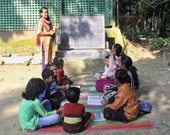
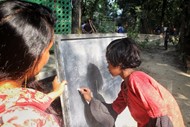
[b]
“Student Scholarship” project:
INTRODUCTION: M22 Doctors’ Foundation intends to keep a
positive footprint in education sectors in Bangladesh. There are a significant
number of self-motivated & brilliant but underprivileged students in
different institutions who struggles to continue their education for the
financial cause. Our “student scholarship project” is open to all in any
rural or urban areas in Bangladesh. The student must be self-motivated having a
good morale and underprivileged.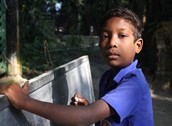
SPONSOR a “STUDENT” for a STUDENT SCHOLARSHIP PROJECT”:
One time contribution :
Any amount
Monthly contribution : BDT 5,000 per
student
Yearly contribution : BDT 60,000 per student
[c]“Community Library” project
Introduction:
The community library is a local center of information that makes all
kinds of knowledge and information readily available to its users. It is
established, supported and funded by the community, either through local,
regional or national government or through some other form of community
organizations.
In Bangladesh, there are government & non-government
public libraries. All the existing functional libraries are situated within the
urban areas, but most people live in villages. Therefore, in rural areas, very
few educational institutions own a library with a well-trained librarian and
sufficient reading materials. So, students, common people and the indigenous
professional (e.g., Farmers, weavers, carpenters, traders etc.) they don’t have
other credible choices to know the whole universe and the happenings of the concurrent world.
Their knowledge gets restricted to the school boundary, local TV and
newspapers. More over the children are more inclined towards watching videos or
playing games on gadgets than picking up a book to read. Government &
non-government organizations takes various initiative to develop the rural
community libraries time to time but not sufficient yet to be reached to the
rural out reach people of Bangladesh.
It is worth to say that the “Bishwa Sahitya
Kendra” founded by the legendary Bangladeshi educator, writer, television
presenter and activist, professor Abdullah Abu Sayeed is our inspiration who
established the afore mentioned non-profit organization that promotes the study
of literature, reading habits and progressive ideas.
Sarkar, also known as 'Alor Ferry-Wala', tried to educate people of his locality lending books to promote habit of reading. He continued the job for thirty years making people of at least twenty villages enlightened with education. People used to call him a book-lover while some called him a bookworm, and children called him Boi-Dadu. Rajshahi Zila Parishad established a library on Palan's yard recognizing his contribution to his community in 2007.
FUND ESTIMATION for a“COMMUNITY LIBRARY PROJECT”: BDT 20,00,000 [BDT 2.0million]
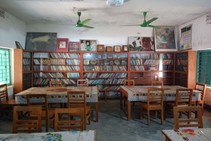
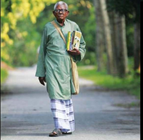
[d]“Rural
Community Museum” project:
INTRODUCTION:
A community museum is a institution
serving as an exhibition and gathering space for specific identity groups or
geographic areas. The “Rural community museum” focuses on cultural
ecology, arts, rural heritage, and education for sustainability.
The Museum authority will organize a yearly
festival for the community people. It preserves a large collection of tools and
objects related to food growing and life in rural villages, as well as an
important archive of local vegetation, birds, aquatic plants, fish, insects in
the form of cadaver or photography, oral history, and documents about natural
health, food and celebration in rural life. The collection also includes
artistic works, such as mural paintings and sculptures, related to agriculture,
traditional professions and trades, lifestyle and culture in rural areas. The
main theme of the project is to preserve the representative items of the
local ecological diversity for the future generation.
The other activity of the rural
community museum is to conduct the awareness program for plastic pollution,
water resources management, green energy, sustainable transport, and
traditional jobs and trades, forest management.
The establishment of a Water Museum by ActionAid Bangladesh evolved in the backdrop of re-imagining rivers from a human and ecological point of view. Museums around the world exhibit a unique repository of the different forms of humanity’s connection with water and its natural and cultural heritage. They display and explain the function of ancestral techniques, legacies, and traditional knowledge to promote the world’s outstanding variety of water-related heritages and values that have been passed down through generations.



Established in 2008 by Jahangir Alam Shah, an assistant teacher at Rajshahi Government Collegiate School, the museum has come into being on his private initiative in his ancestral home. The agricultural museum at Kaligram village at Mandar in the district of Naogaon represents a noble purpose, exhibiting various ancient agricultural tools used by the erstwhile farming communities as well as imparting knowledge to their posterity.
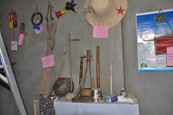
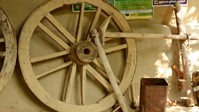
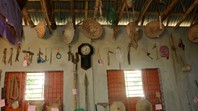
FUND ESTIMATION for a “Rural Community Museum” project: BDT 20,00,000 [ 02 million]
meet our “RURAL COMMUNITY MUSEUM”: [Upcoming Projects]



